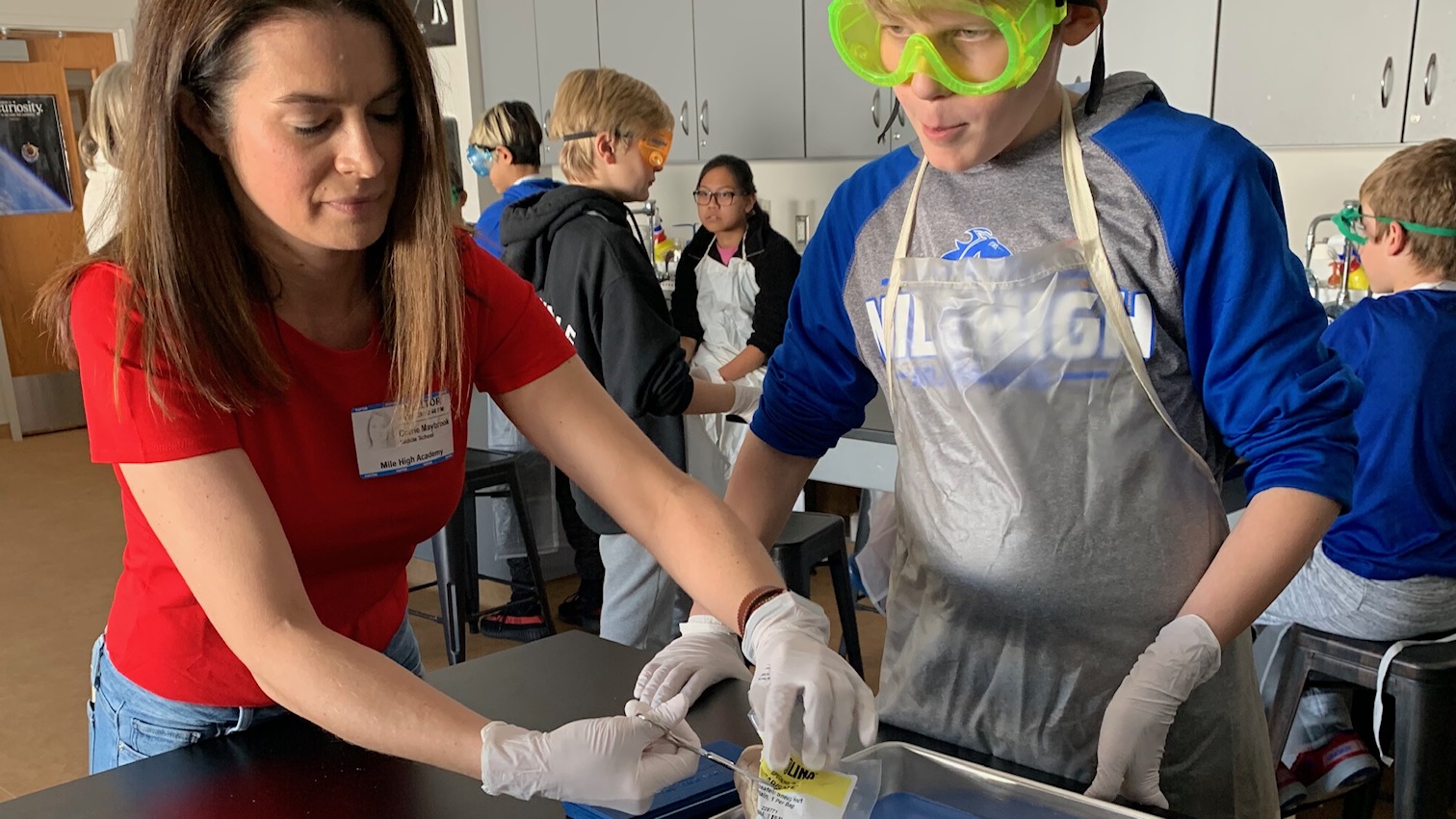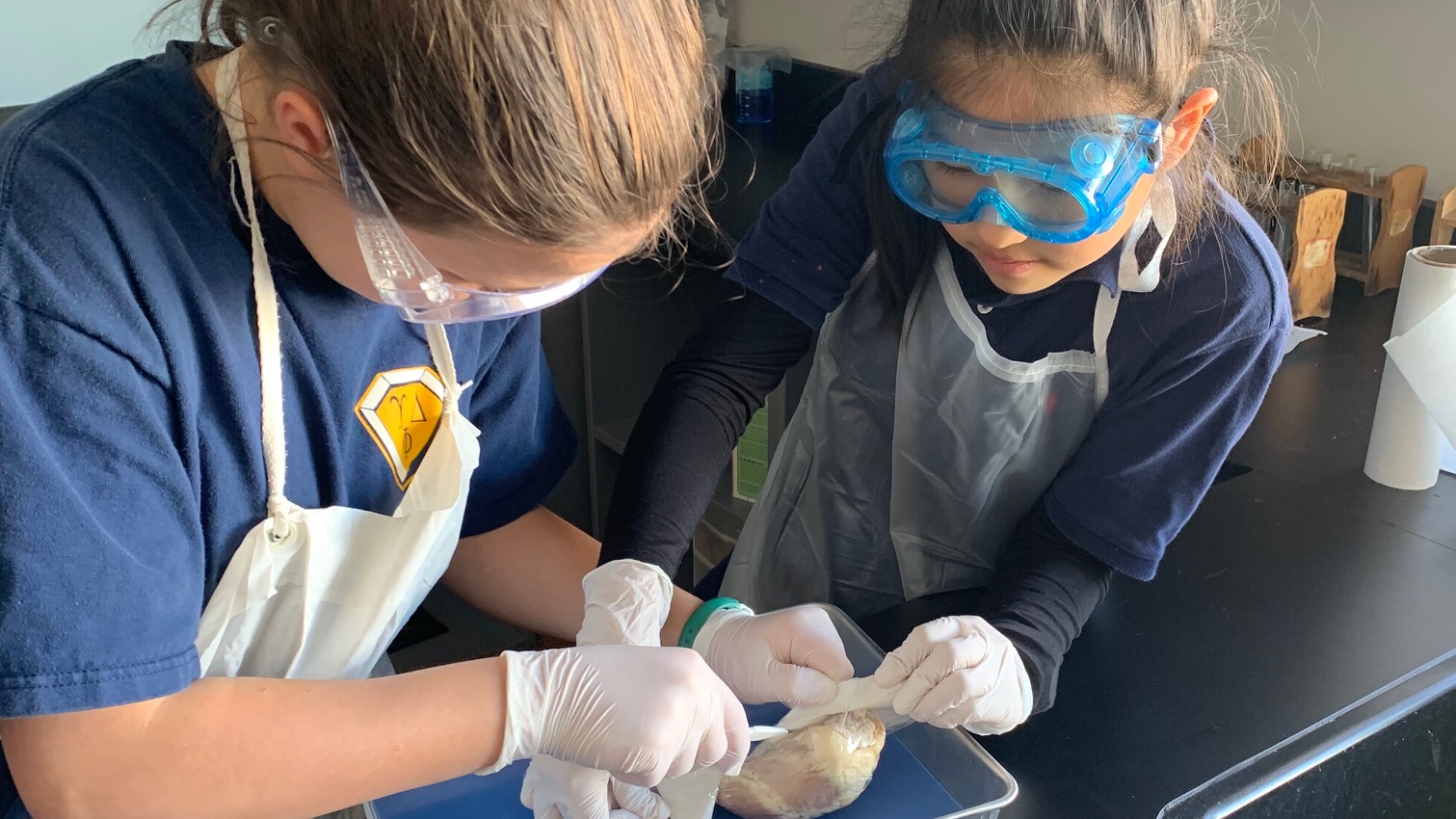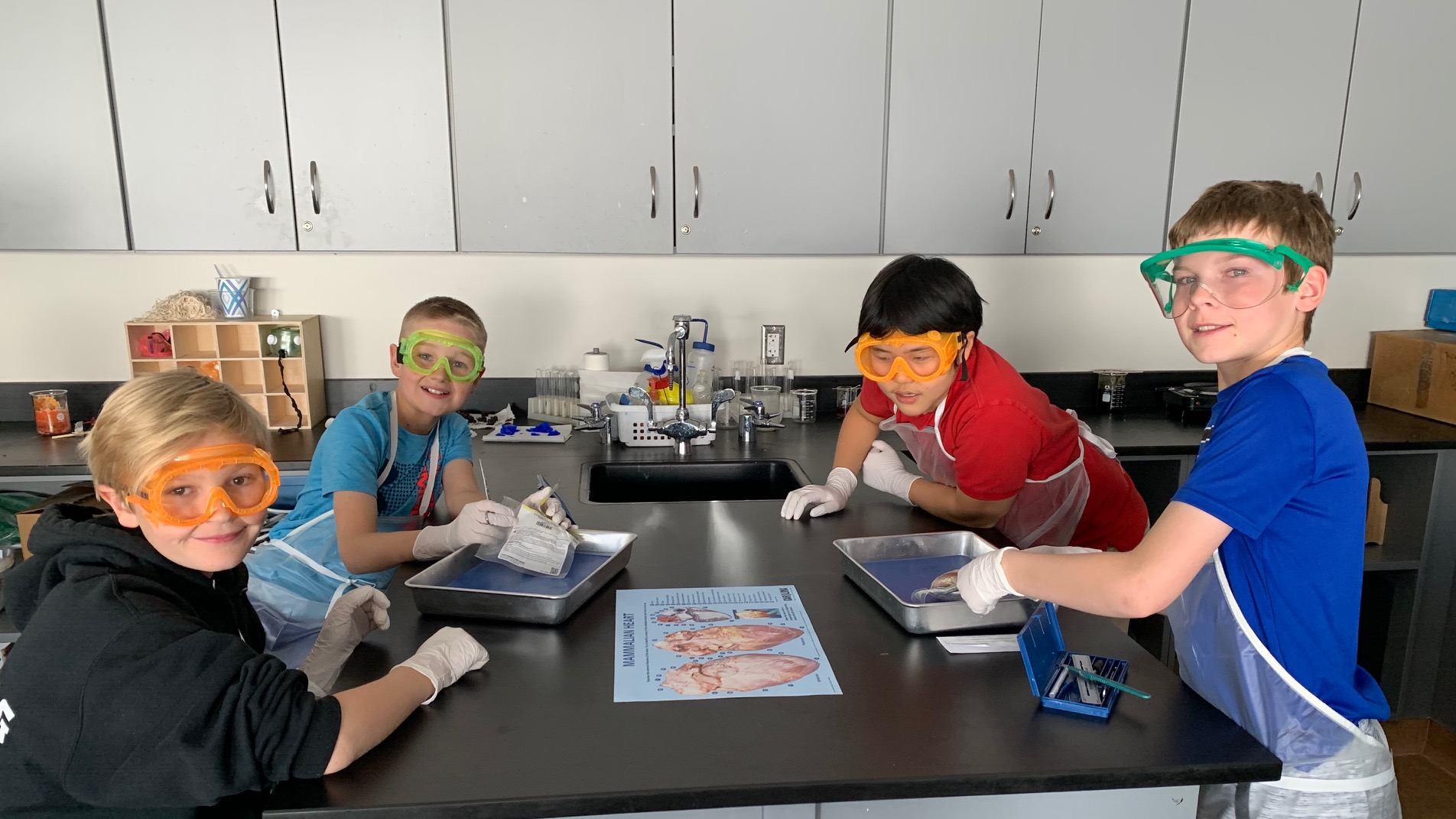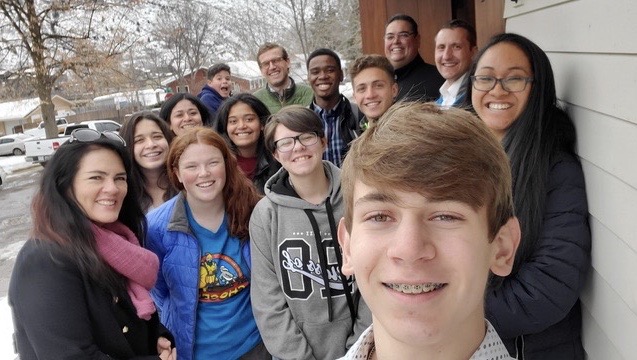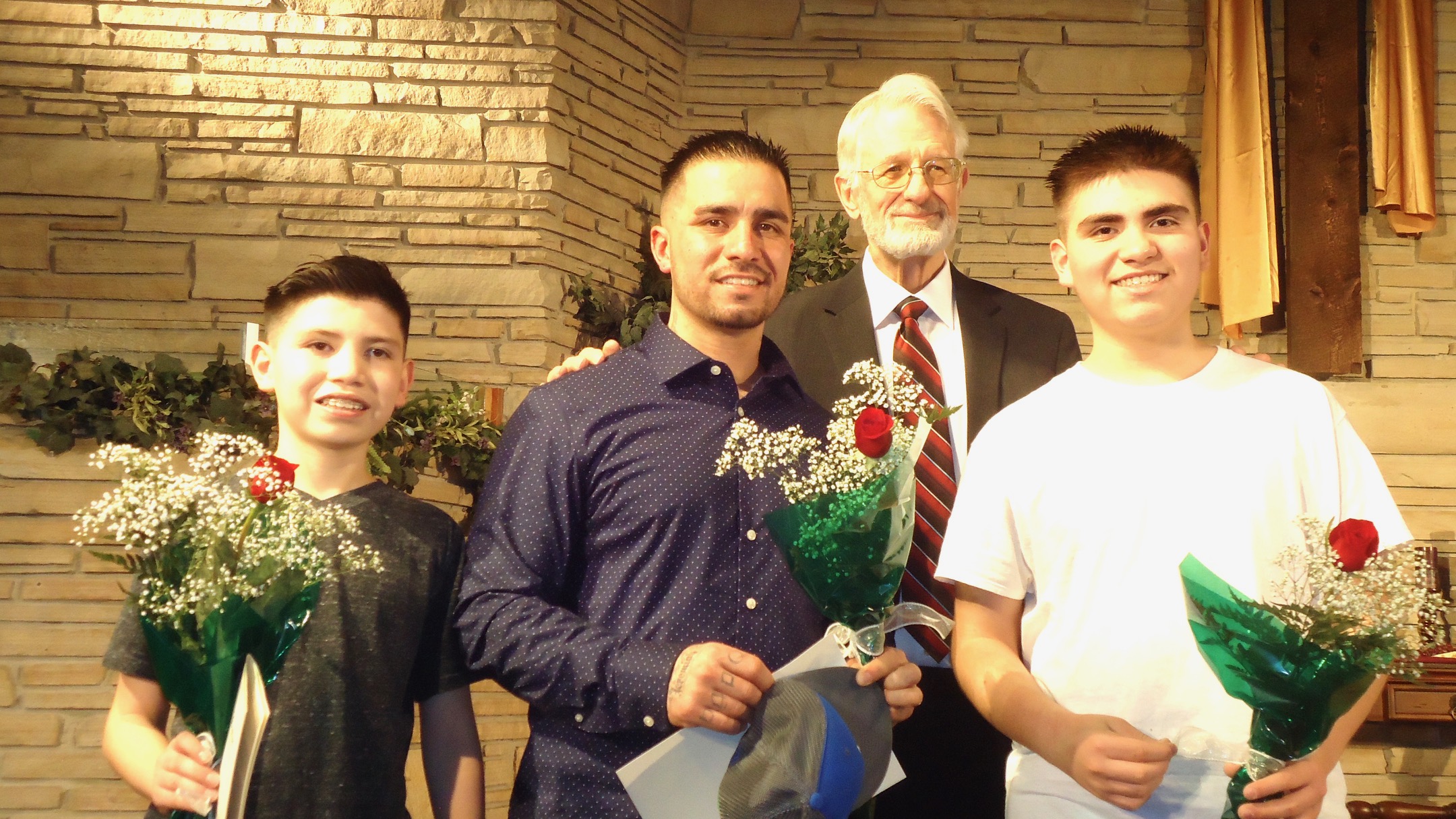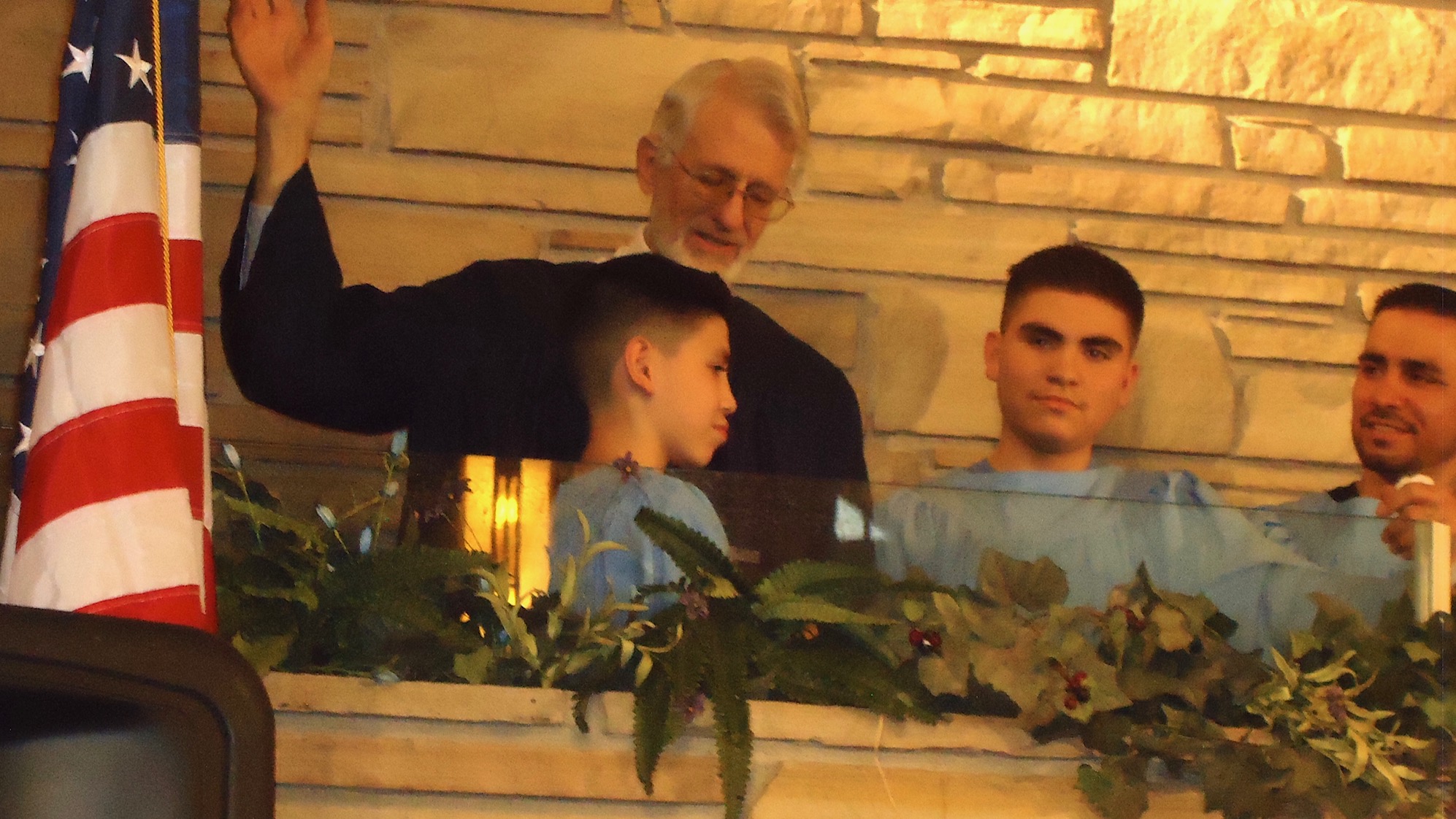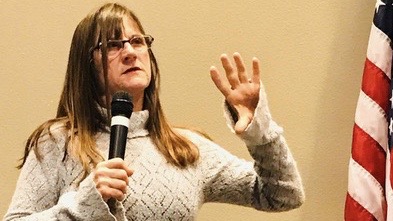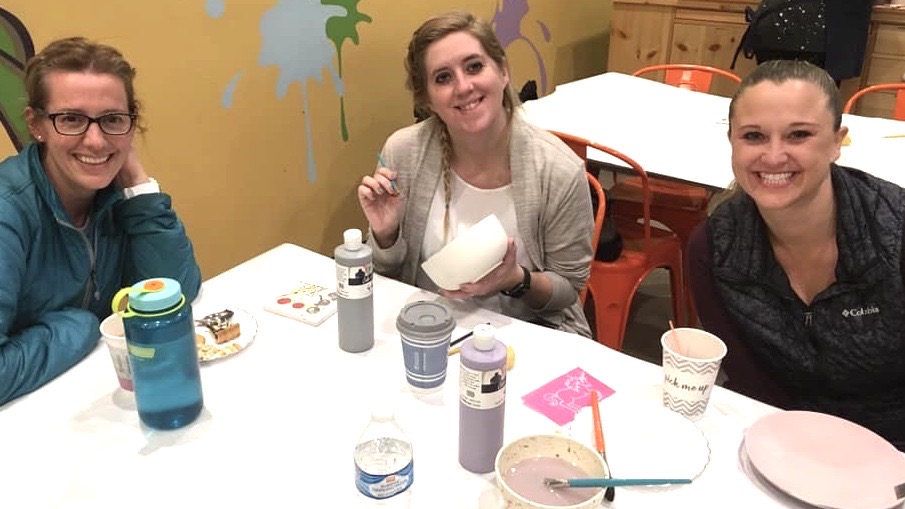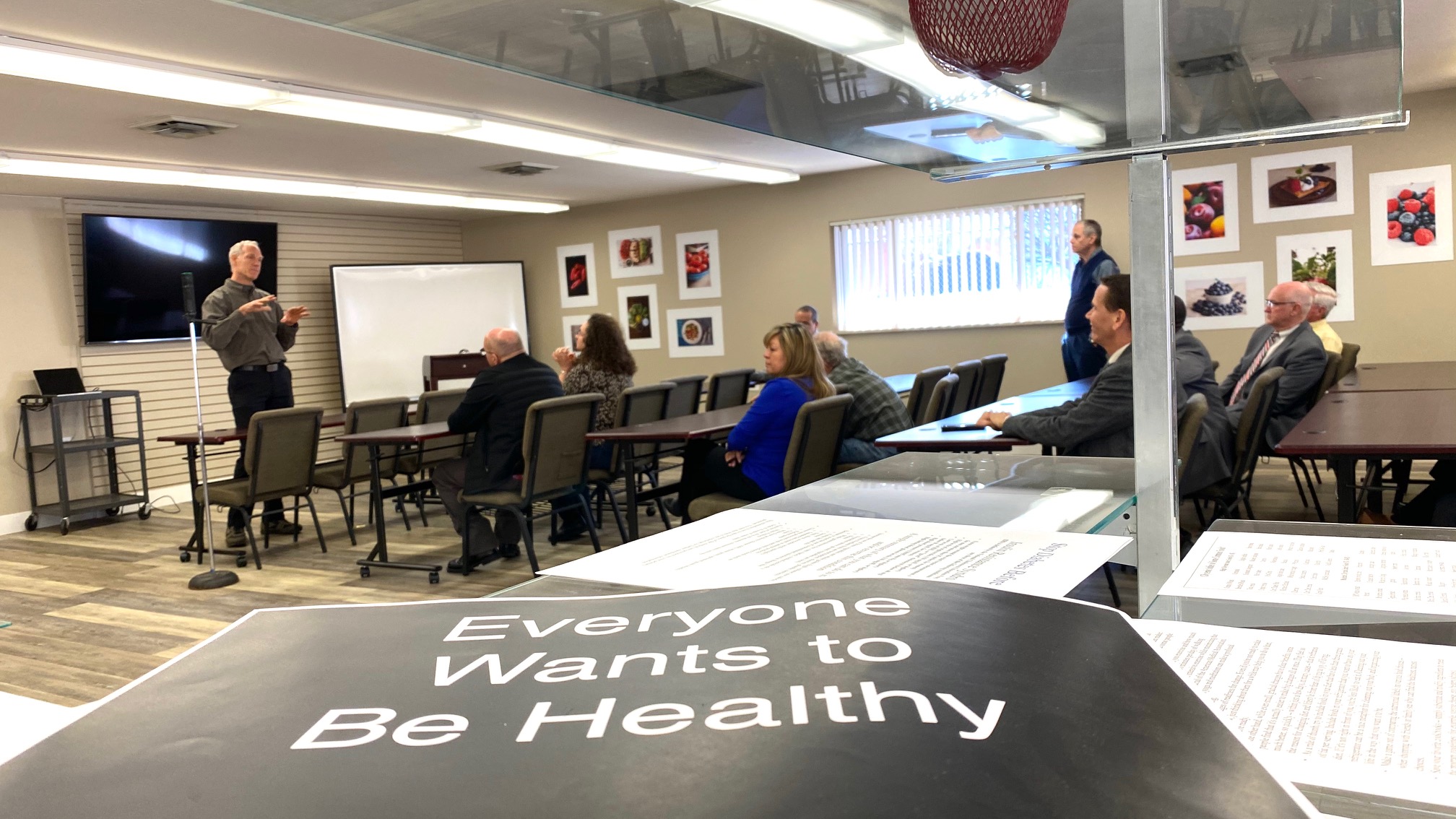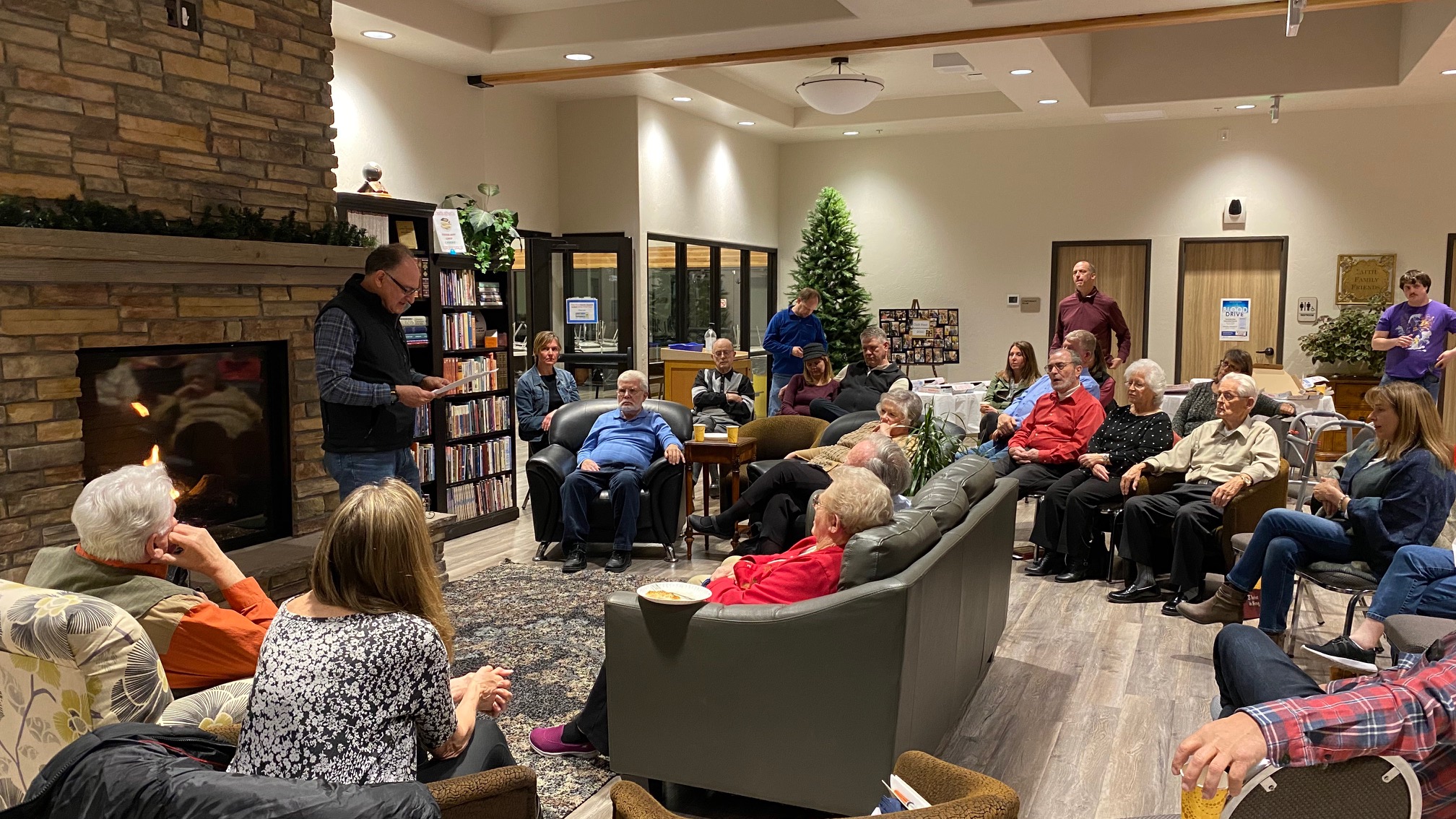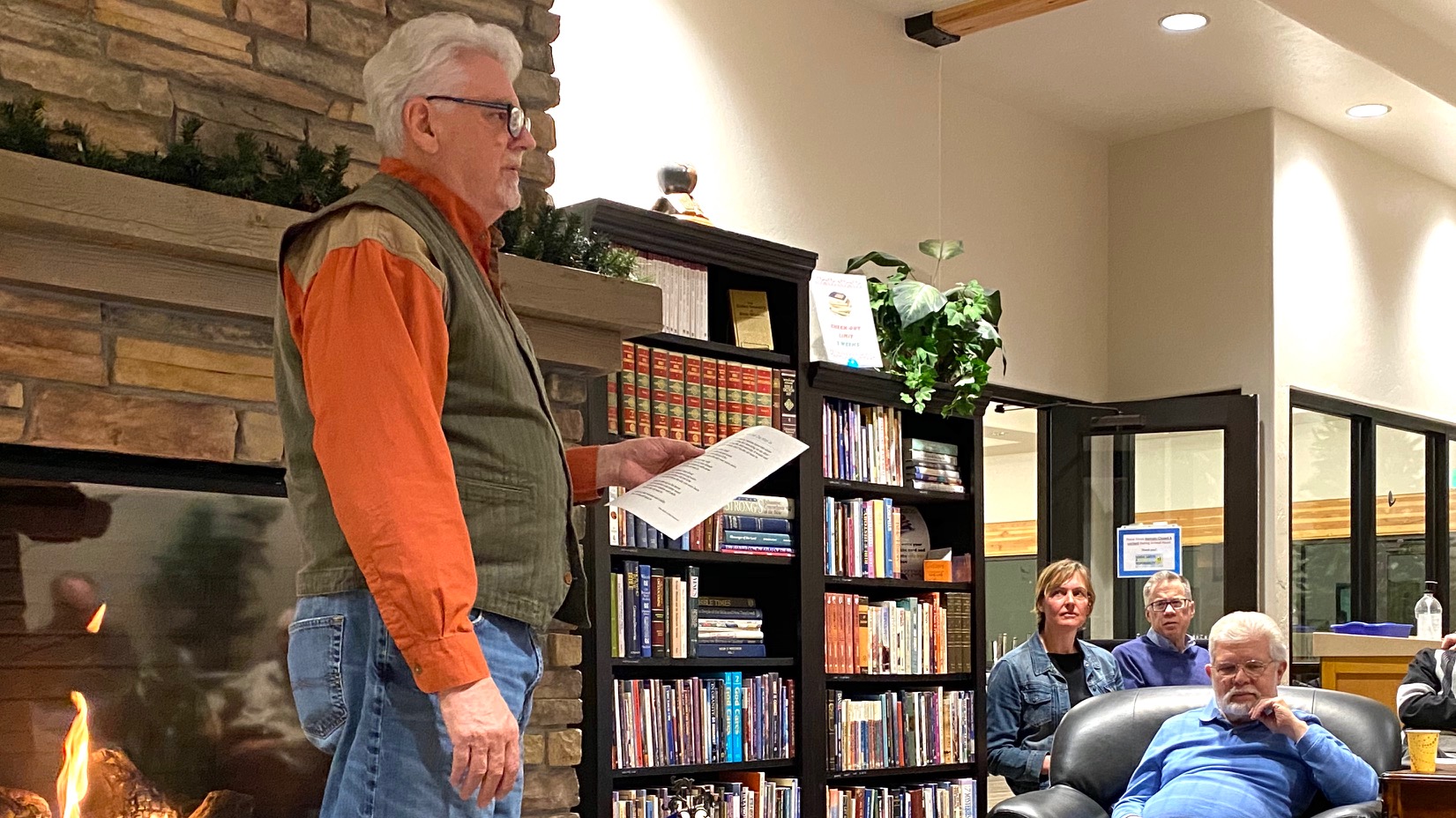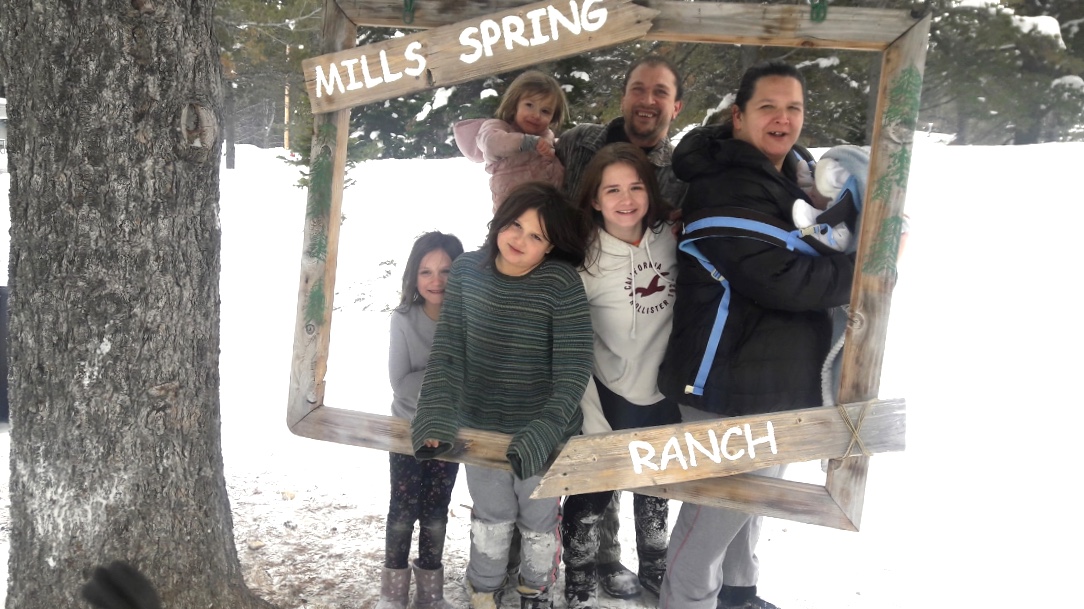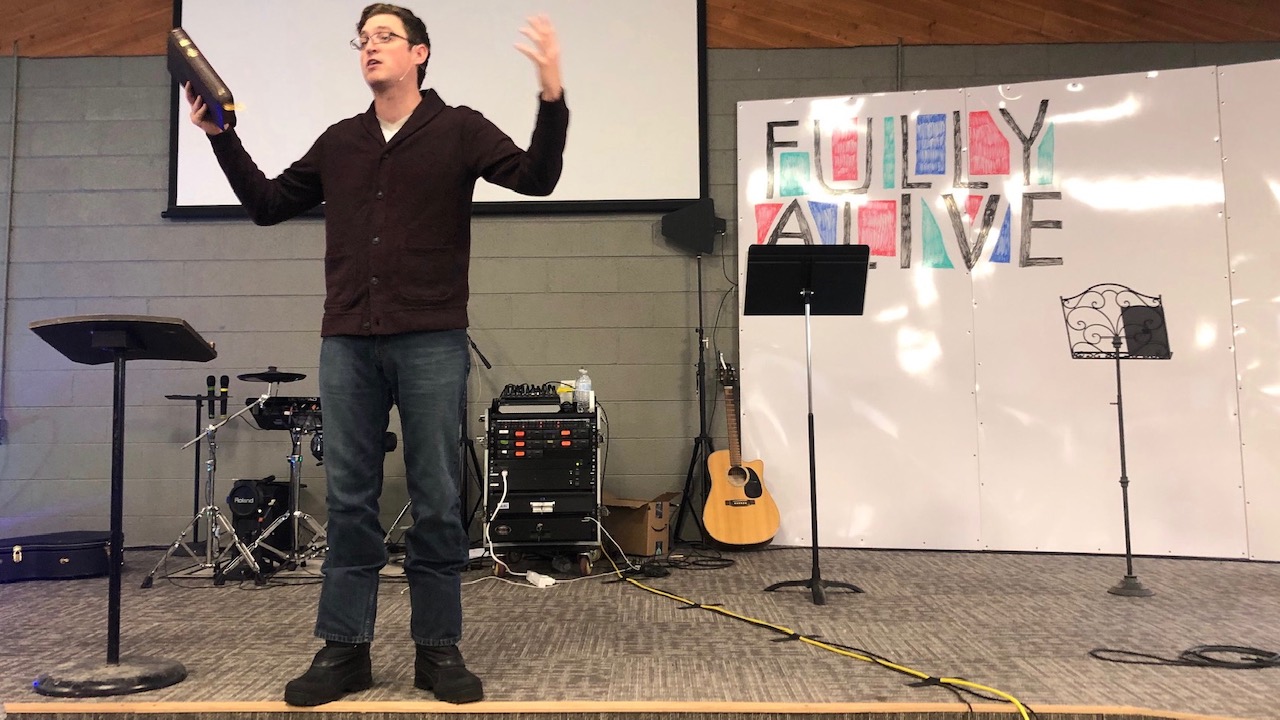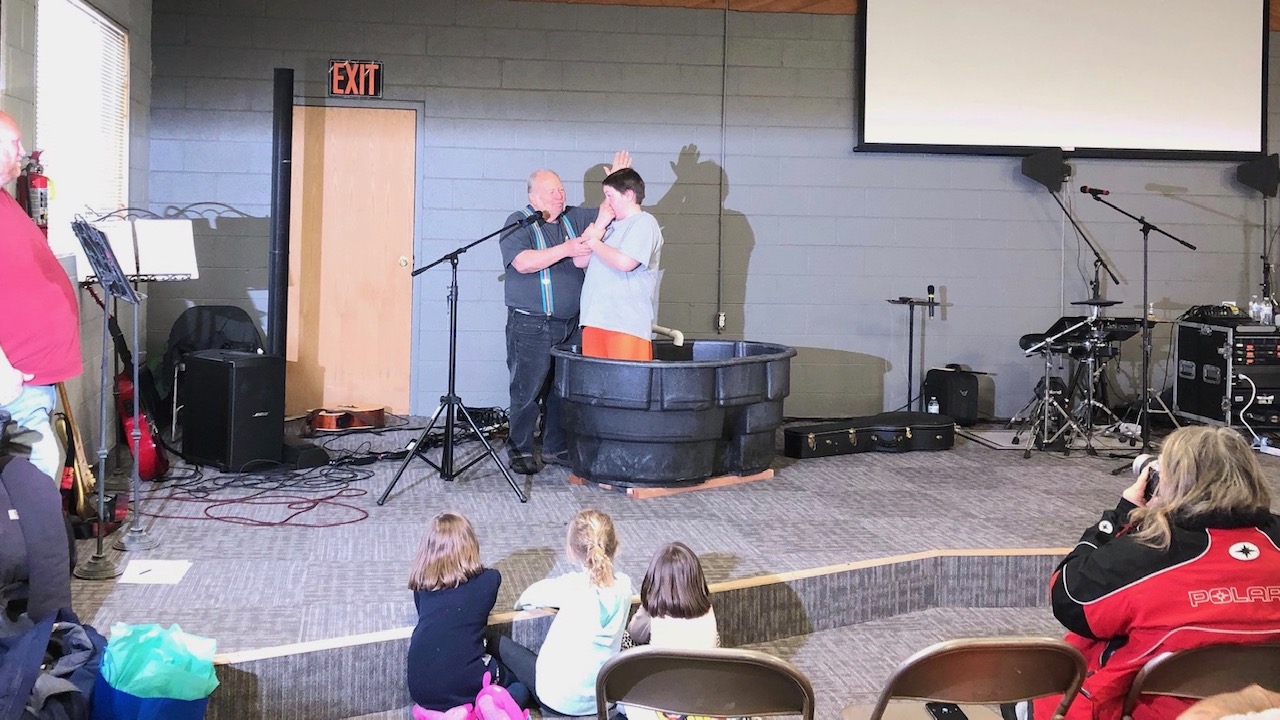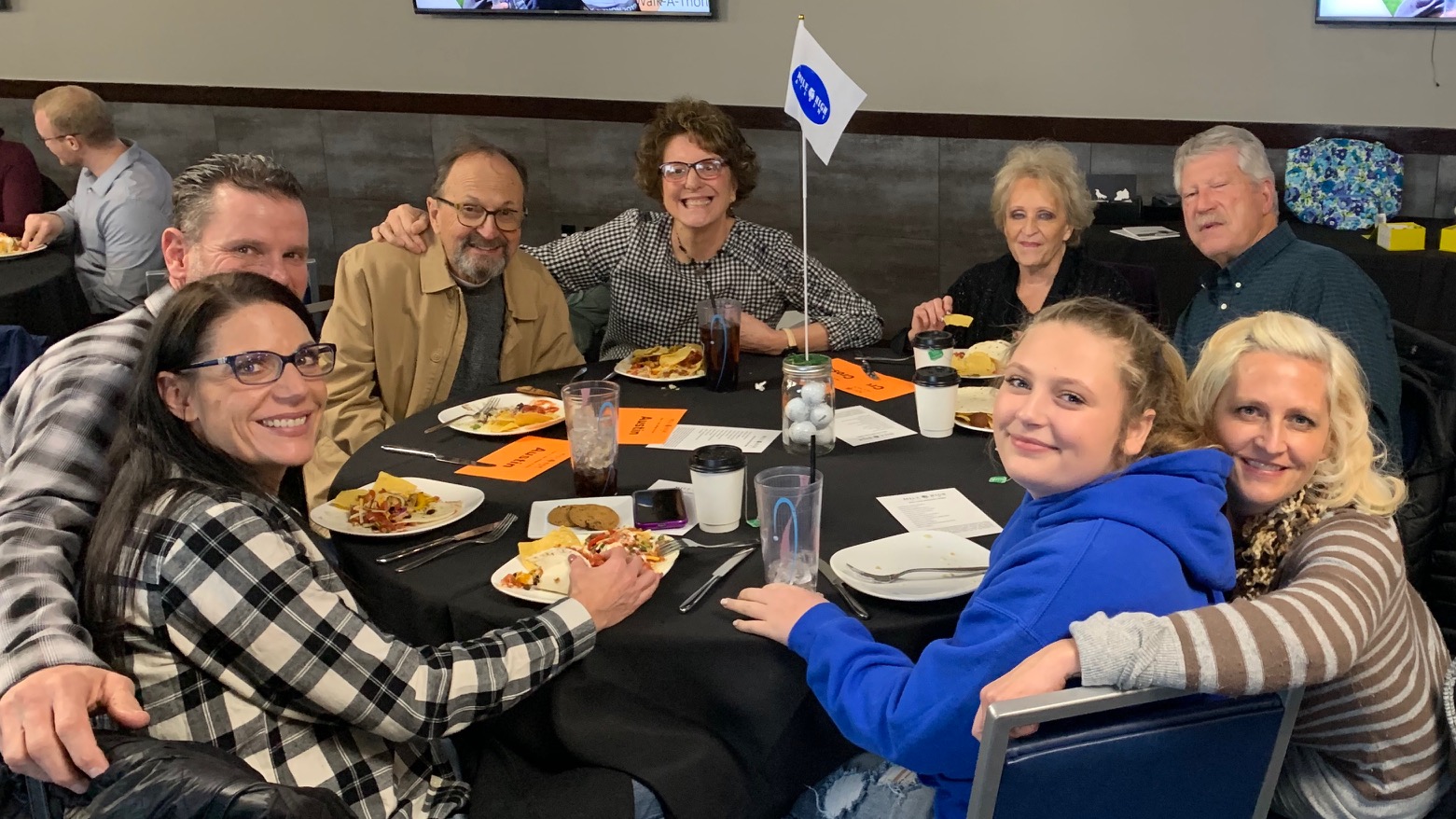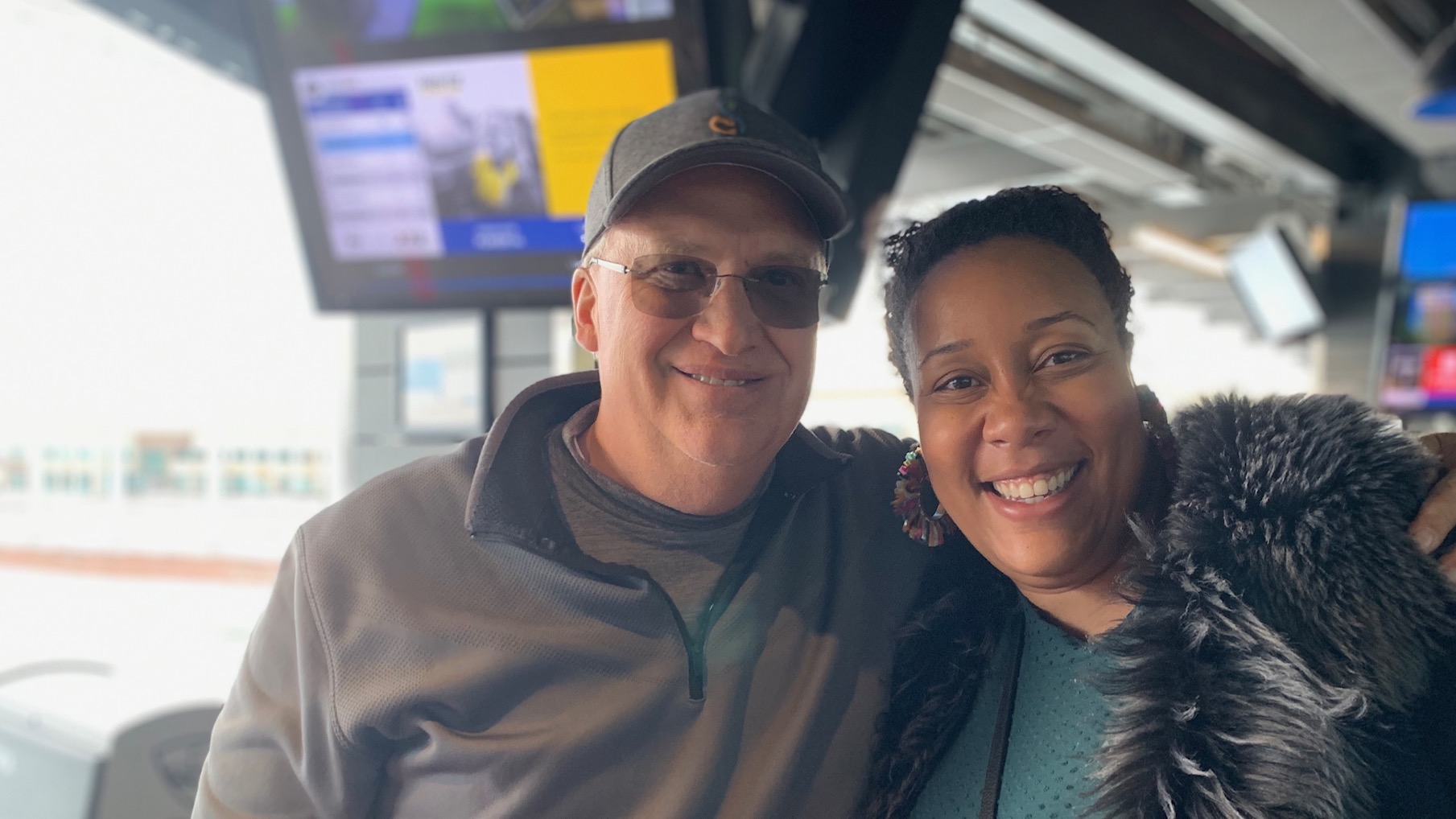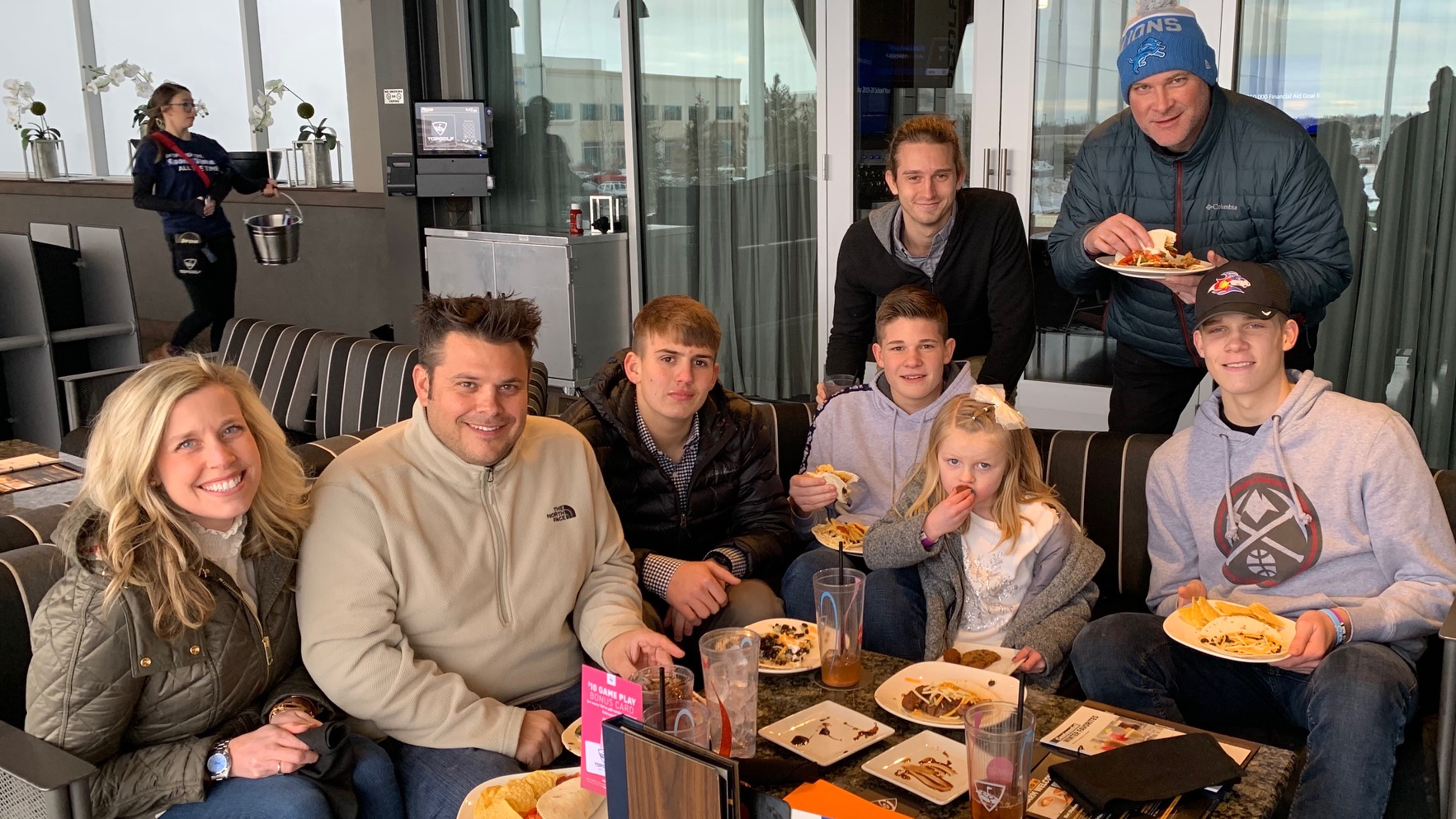Highlands Ranch, Colorado … Over the years, Mile High Academy has established volunteer opportunities to encourage parents to spend time on campus sharing their expertise with students and forming partnerships with teachers and staff. MHA values parent involvement, knowing it is a key factor in an impactful educational program.
“The contributions parents make on behalf of their student is critical to their personal and academic education,” said Jamie Frain, MHA interim principal. “It may be as practical as looking through a folder of graded homework together, helping with difficult math problems or simply listening to stories from the day.”
Parents and other family members can be found volunteering on campus daily. These family members help serve hot lunch, tutor in the classroom, participate in recess or bring snacks for the staff.
“When students see either their parents or the parents of their classmates at school, it increases their engagement. These volunteers are also a valued resource for teachers. MHA is grateful to our community for the more than 4,000 volunteer hours that are shared annually on behalf of our school,” continued Jamie Frain.
Most recently the sixth grade class experienced this parent involvement first-hand as Dr. Ryan Maybrook and Nurse Corrie Maybrook oversaw the dissection of lamb hearts.
“The sixth grade science class is learning the different systems that comprise the human body,” said Christina Hernandez, MHA’s Middle School science teacher. “Dr. Maybrook is a cardiologist, and Corrie Maybrook has worked as one of his nurses. Their real-world, first-hand experience brought a whole new level of teaching the cardiovascular system. We are thankful they made time in their schedules to share their knowledge with us.”
Dr. and Mrs. Maybrook’s visit to the school also meant a lot to both of them, as not only were they able to share their insight into the cardiologist and medical world, but they also got to spend time on campus as parents. Dr. Maybrook especially appreciated getting to spend time with his son, who is a sixth grader.
“Thank you to Mrs. Hernandez for inviting us to spend time with her students,” said Dr. Maybrook. “I had such a fun time sharing with them what I do on a daily basis. Being able to provide extra insight and hands-on learning of the cardiovascular field while supporting Mrs. Hernandez’s current curriculum meant a lot to me as a parent. You never know, I might have just helped inspire the next generation of cardiologists.”
If you would like to volunteer at MHA or present your work experiences in a classroom, please contact Jamie Frain at [email protected].
—Karrie Meyers; photos supplied by MHA


